How to buy Bitcoin in South Korea

If you are interested in buying Bitcoin and you live in South Korea this guide will show you how you can buy Bitcoin as well as other cryptocurrencies including Ethereum, Bitcoin Cash, Ripple, Dash and Stellar Lumens.
You will see Bitcoin Cash mentioned in this post, if you want to buy Bitcoin then choose "Bitcoin" when buying buying from an exchange, "Bitcoin" and "Bitcoin Cash" are two different cryptocurrencies.
CEX
CEX is a great exchange to quickly and easily buy Bitcoin as well as Ethereum, Bitcoin Cash, Bitcoin Gold, Ripple, Dash, Zcash and Stellar Lumens.
Like the other exchanges it has a built in wallet but you also have the option of sending the Bitcoins to your own personal wallet straight after purchase, using this option can save you money on transfer fees since the Bitcoins are sent to your personal wallet straight away.
Payment methods include wire transfer, online bank transfers and credit/debit card payments.
A few things to note:
Basic accounts can buy up to $1,000 (₩1,074,900 KRW) worth of bitcoins per day, and up to $2,000 (₩2,149,800 KRW) per month.
Verified accounts can buy and sell an unlimited amount of any cryptocurrency offered on CEX.
Basic accounts can only use debit/credit cards to buy cryptocurrency, if you want to use a bank transfer to deposit funds into CEX you will have to verify your account first but the verification process is fast and simple.
CEX supports all countries around the world.
Use CEX to buy Bitcoin here: Buy Bitcoin at CEX
LocalBitcoins
LocalBitcoins is a fast and easy way to buy and sell Bitcoins, it works by letting users buy and sell Bitcoins to each other, this is also known as peer-to-peer (P2P) or over-the-counter (OTC) buying and selling. The process is safe since LocalBitcoins uses escrow protection to prevent fraud and protect both buyers and sellers.
LocalBitcoins also has a built-in reputation system to help users filter out unreliable customers and Bitcoin prices are constantly kept up to date.
To buy Bitcoins you simply choose a seller and press “BUY”, some sellers will require you to verify your identity before you can purchase Bitcoins from them.
LocalBitcoins has a wide selection of payment methods including SEPA, Bank Transfers, Credit/Debit Cards and PayPal, other methods include Western Union (not recommended due to its high risk) and many country specific payment methods.
LocalBitcoins supports all countries around the world.
Use LocalBitcoins to buy Bitcoin here: Buy Bitcoin at LocalBitcoins
Coinmama
It is very easy to purchase Bitcoins and Ethereum with Coinmama, you can buy Bitcoins using a credit or debit card within minutes.
You will need a Bitcoin wallet address before you buy Bitcoins from Coinmama but there is a built in option to generate a free software wallet using a separate Bitcoin wallet provider.
Accounts verified with a passport can buy $10,000 (₩10,748,900 KRW) worth of cryptocurrency, accounts verified with 2 forms of ID can buy $50,000 (₩53,744,500 KRW) worth of cryptocurrency and accounts with Level 3 verification and above have no limits.
Coinmama has additional payment methods including bank transfers and wire transfers but these options are only available in certain countries.
Coinmama supports all countries around the world
Use Coinmama to buy Bitcoin here: Buy Bitcoin at Coinmama
Where to store your Bitcoins
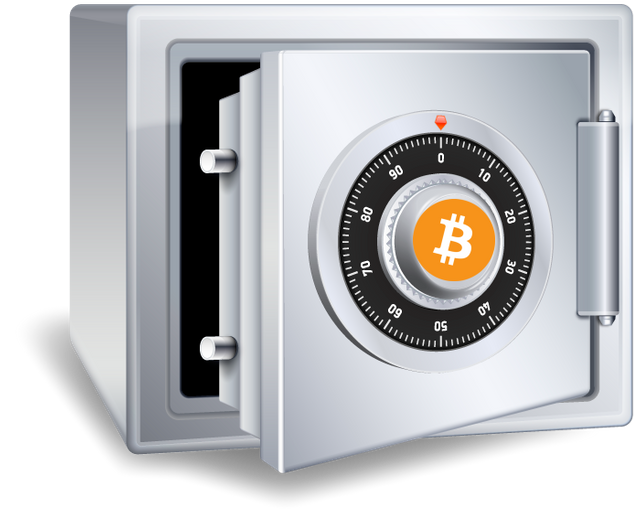
How a Bitcoin Wallet works
Once you own Bitcoins (or any other cryptocurrecy) you then need to store them in a personal wallet where you control the private keys or wallet seed, storing coins on an exchange long term is not recommended because exchanges can potentially be hacked or taken down by authorities.
Bitcoin wallets are usually comprised of three elements:
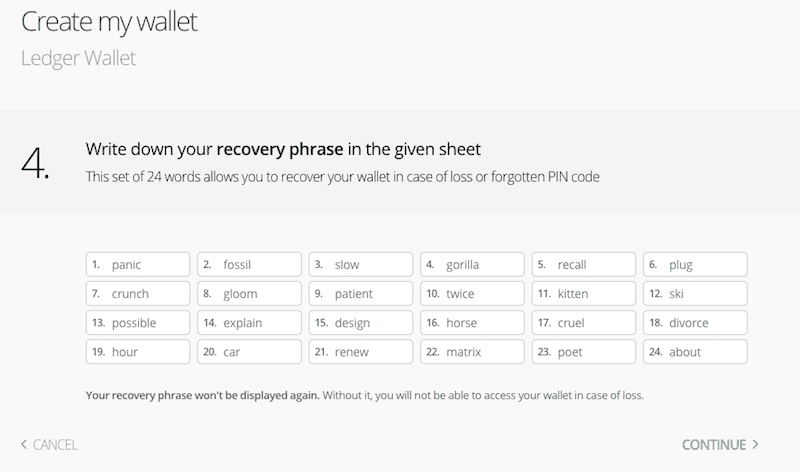
• The Wallet Seed/Recovery Phrase - Also known as a mnemonic passphrase, this is a backup phrase that is used to recover your Bitcoin wallet if it is ever lost. You should always keep a backup of your wallet seed or recovery phrase on a piece of paper or you can even use a physical backup tool.
• The Public Address - This is where you send Bitcoins to, it is a string of alpha-numeric characters that represents a possible destination for a bitcoin transfer.
• The Private Key - In a cryptocurrency wallet, the private key is a secret number that lets a user spend Bitcoins. Every Bitcoin wallet contains one or more private keys, which are saved in the wallet file. All Bitcoin addresses generated from a wallet are related to its private key, it is recommended to keep a backup of your private key if the wallet does not provide you with a wallet seed or recovery phrase, along with your recovery phrase you should not reveal your private key to anyone.
Software Wallets
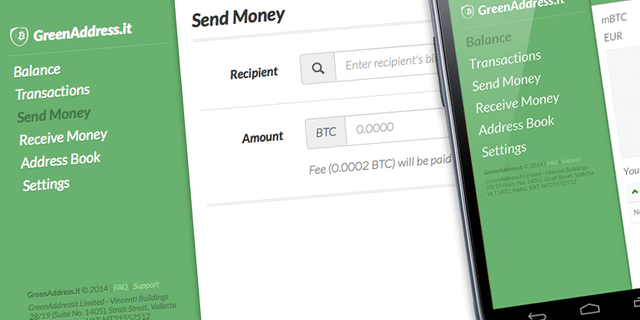
You can store your Bitcoins in a software wallet which is simply a software program or application that lets you store, receive and send Bitcoins.
If you are looking for fast and simple wallet I recommend getting Copay or GreenAddress, they allow you to import your wallet into another device, for example if you create your wallet using a PC you can download the smartphone app and import your wallet into the smartphone application.
You can get the Copay Bitcoin wallet from here: Copay Bitcoin Wallet
You can get the GreenAddresss Bitcoin wallet from here: GreenAddress Bitcoin Wallet
Leaving your Bitcoins on exchanges is another option but it is always better to keep them in your own personal wallet.
Cold Storage
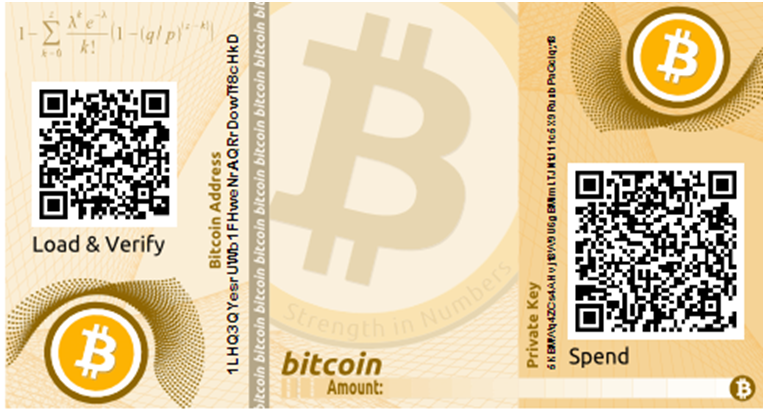
Cold storage is simply storing your Bitcoins offline, it can be done by using a paper wallet or a hardware wallet.
A paper wallet is simply a document that contains your wallet seed, public address and private address, paper wallets are best used for long term storage and each wallet should only be spent once, you should also keep a backup of your paper wallet stored in a separate place or scanned and saved on an external hard drive or offline PC.
Potential Drawbacks of a Paper Wallet
• One drawback about paper wallets is that they need to be imported into a software or hardware wallet if you want to spend or transfer funds out of it.
• Since they are made from paper, they are very vulnerable to damage from water, fire and wear and tear.
• You can send Bitcoins to a paper wallet an unlimited amount of times but it is recommended to create a new paper wallet after sending Bitcoins from it for security purposes.
When creating paper wallets it is best to stick to official paper wallet generators for the specific coin, for Bitcoin I recommend bitaddress.org due to its mouse movement based random number generator.
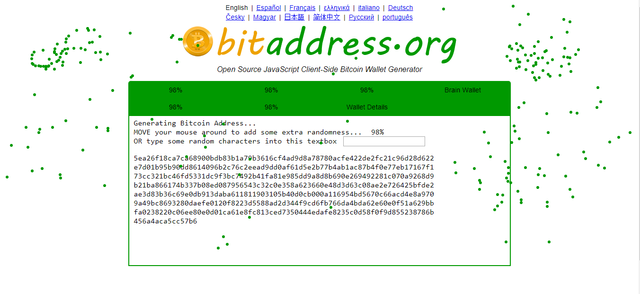
Hardware Wallets
A hardware wallet (or a physical Bitcoin wallet) is a special type of Bitcoin wallet which stores the user's private keys in an offline environment using a secure and encrypted hardware device.
Hardware wallets have major advantages over software and paper wallets:
• Multiple cryptocurrencies can be stored on one wallet so managing multiple cryptocurrencies is easier.
• You can send Bitcoins from a hardware wallet an unlimited amount of timess, paper wallets can only be spent or sent from once for security reasons.
• Hardware wallets are immune to computer viruses or malware that attempt to discover a users private keys, this is due to their built-in encryption procedures that make the private keys unrecognisable to any unauthorised parties.
• Hardware wallets can be used to to receive and send cryptocurrencies at any time, as opposed to a paper wallet which must be imported to a software or hardware wallet if you want to transfer your Bitcoins out of it.
My recommendations:
Ledger Nano S
The Ledger Nano S is currently the most popular hardware wallet, along with the Ledger Blue it supports the largest amount of cryptocurrencies and is routinely adding new coins.
Check it out here: Ledger Nano S
Ledger Blue
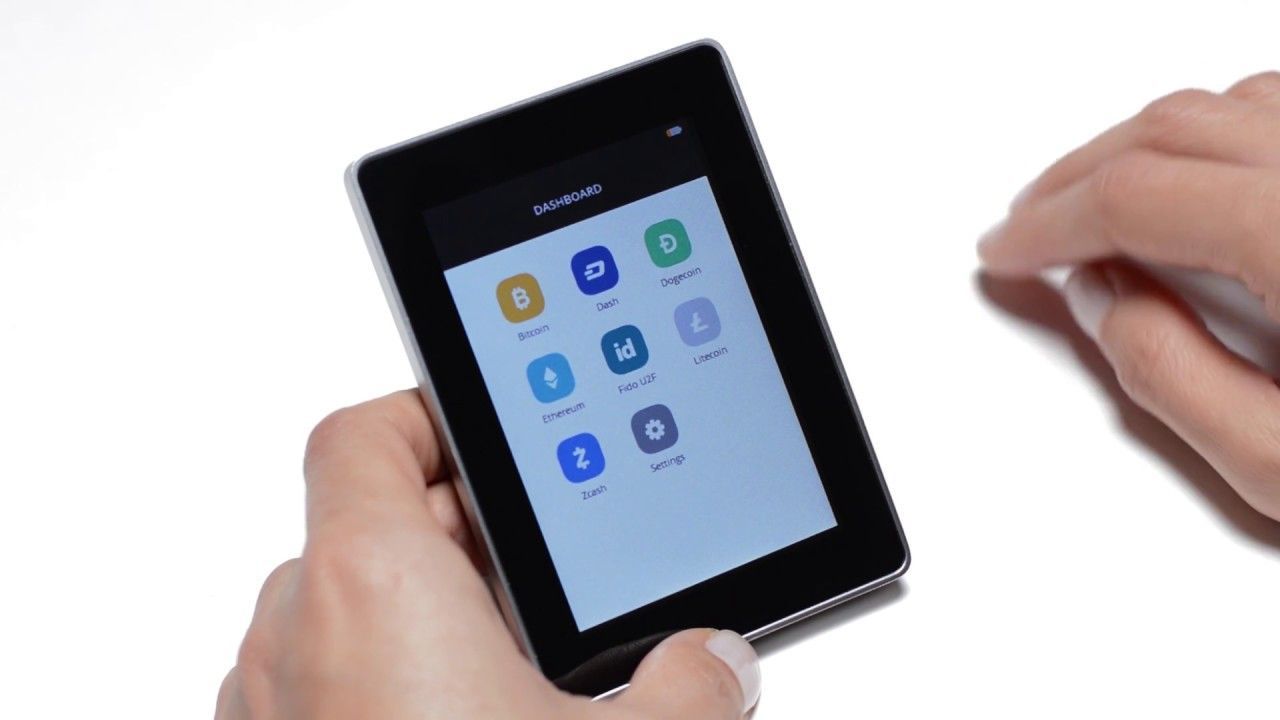
The Ledger Blue is Ledgers latest physical wallet that also supports hundreds of cryptocurrencies and it includes a large, color touchscreen.
Your wallets private keys are stored securely offline using BIP 16, BIP 32, BIP 39 and BIP 44 encryption.
Check it out here: Ledger Blue
Ledger Cryptosteel
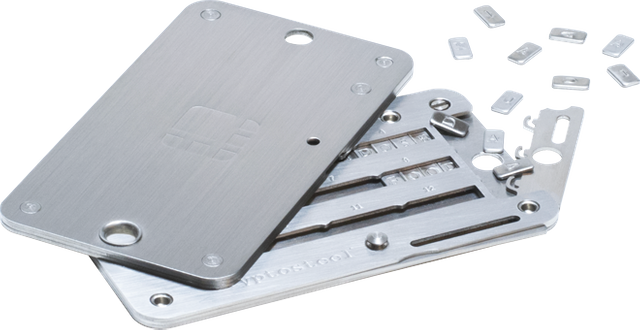
The Ledger Cryptosteel is not a wallet, instead it is a backup tool where you can store your wallets 24 word recovery passphrase/wallet seed using engraved stainless steel letter plates instead of writing it down on paper
If you are planning on storing your Bitcoins (or any cryptocurrency) for a long time then this is a must in my opinion since it is resistant to fire, water, wear and tear and shock damage.
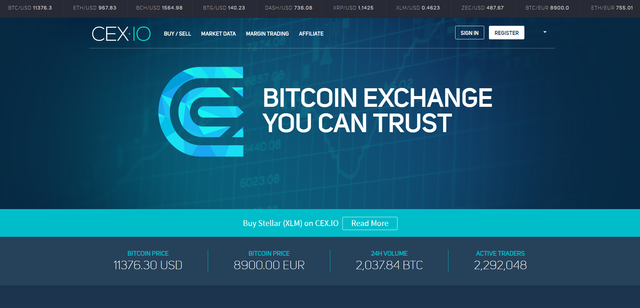

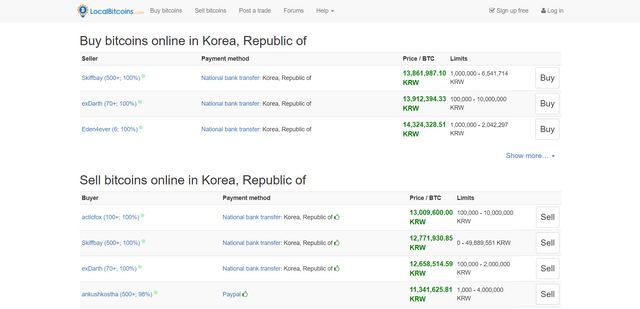

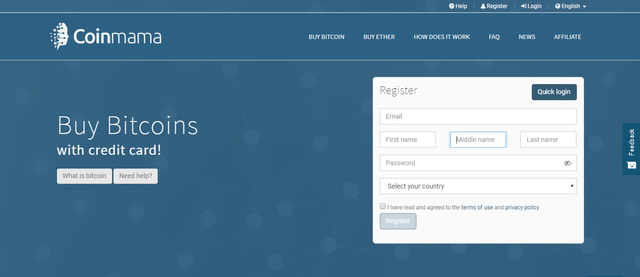


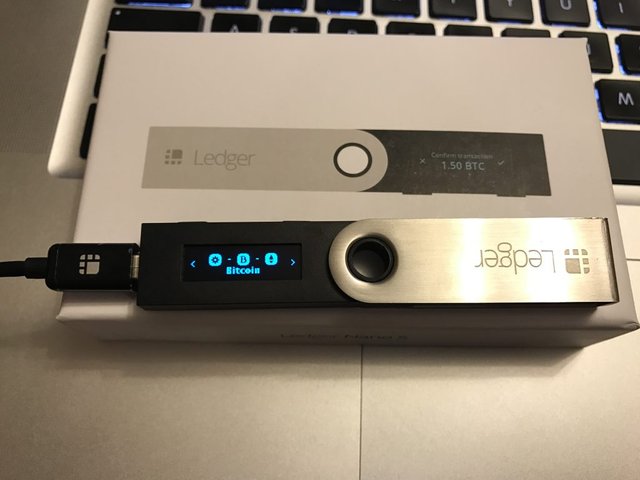
Congratulations @cj900! You have received a personal award!
Click on the badge to view your Board of Honor.
Do not miss the last post from @steemitboard!
Participate in the SteemitBoard World Cup Contest!
Collect World Cup badges and win free SBD
Support the Gold Sponsors of the contest: @good-karma and @lukestokes
Congratulations @cj900! You received a personal award!
You can view your badges on your Steem Board and compare to others on the Steem Ranking
Vote for @Steemitboard as a witness to get one more award and increased upvotes!